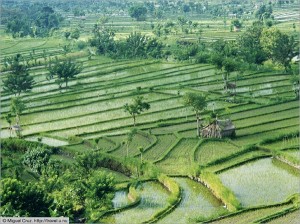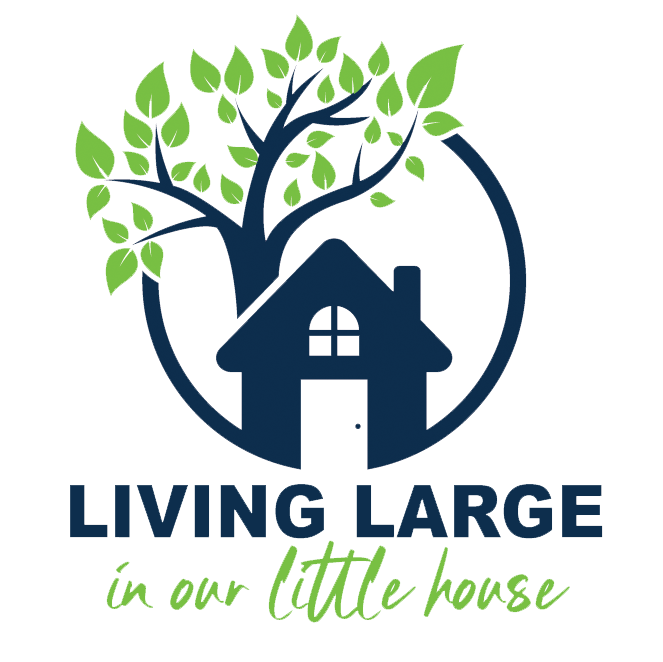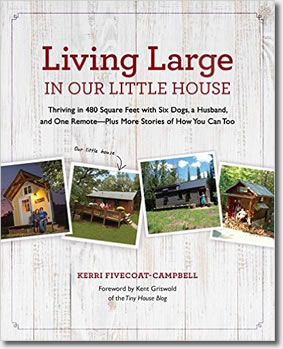Separating the Grains of Rice in the Arsenic Controversy
Last week, more bad news about our food supply.
According to a study done by Consumer Reports, arsenic is in our rice.
Health experts have always recommended eating more rice over potatoes and what about those healthy people in Asian countries who eat rice for nearly every meal?
The first few reports we saw on this was confusing.
“Why is arsenic in our rice?” my husband asked. “Is organic rice better?
“I have no idea,” I said, and the news reporters either didn’t know or weren’t reporting the answers.
To make matters even more confusing, some of the reports were hurriedly associating the word “organic” in the report.
I did some research on my own and found that rice has always contained some levels of “organic” arsenic as our soil and water contains the “organic” matter (meaning it is natural to the earth).
According to the FDA, it is this “organic” type of arsenic that is not harmful, and it passes through the body easily.
It is the “inorganic” arsenic that we consumers and parents who feed their babies rice, should be concerned about.
The inorganic kind is what we, as humans, have once again added to the air, water and soil. Used in pesticides banned in the 1980s, these chemicals with inorganic arsenic are still leeching into the soil, water and food we consume.
This article from the Huffington Post says the Consumer Reports study found that rice grown in southern states was found to have more of this inorganic arsenic than that grown in California or Asia.
Which begs the question: Is certified organic rice, meaning that grown without pesticides on land certified without pesticides for decades – safer?
According to articles I’ve written in the past, it should be. I also saw a story on our local news where the proprietor of an organic health store says she knows where their rice originates and the farmer says he has had his organic rice tested for inorganic arsenic and the levels are very low.
As well, it takes a mountain of proof that a farm is pesticide free for decades before the government will give it an organic certification.
Again, it comes down to knowing where your food originates and knowing your farmer, if possible.
What do you think of the arsenic in rice controversy? Will it make you eat less rice?









DAMN us humans!
Sometimes it seems we poison everything we touch.
Worrisome. I’ve read that rice is the healthiest grain. Though I have a lot of friends who are eating NO GRAINS these days. Maybe that is the answer? More vegetables, protein, fruits, nuts, and healthy fats. Fewer grains?
I would say if they are eating organic, then it is probably healthier, Jennifer. If they’re not, then they are putting a lot of toxins into their systems.
I heard this report but really appreciate your digging deeper. I have been buying basmati rice from Costco. A bag lasts a long while. Costco is quite responsive to this type of thing, so I will forward your post to them in the hope they will stock more organic rice in the future.
Good idea, Alexandra.
I just purchased a large bag of rice from Trader Joe’s. Rice from Thailand, Jamsmine Rice. Will we eat it? Yes. But, I will continue to grow my own lettuce, onions, garlic, beets, tomatoes and potatoes in the backyard. I will compost and not add sprays to my garden. I peel my purchased fruits, even organic ones. I wash grapes over and over. I am glad that we are now more conscious of what is happening to our foods, and I will pay attention to what research is presented, but I will also use some good common sense.
That seems the only thing we can do, Judith!
I was stunned by this news also. They also said that brown rice has higher levels of arsenic because a lot is held in the husks that are polished off for white rice. I switched exclusively to brown rice years ago and that news was devastating. I don’t think rice is grown in my area, so now I’ve got to source someone somewhere who grows it and tests it as you mentioned.
I know many people who went with brown rice many years ago as it was supposed to be a healthier choice. Sometimes I do not know if we can ever trust what is in our food or what is healthy.
I find it funny that all of the sudden this report is released right at the time that the gov and the powers that be are yapping about no grain, no food,drought, yada-yada-yada.
I will continue to eat rice like I always have done. I do not listen to the gov or any other PTB’s that want to control your access to food, and control what you want to put in your mouth.
It seems to me that what is wanted is to ruin the rice market and the farmers and make it profitable for something/someone else.
My opinion.
I think what it tells me is that we should be looking more at where our food is coming from. The report came from Consumer Reports, and I’m a little more inclined to trust their studies than that of the government.
I heard this too and then at the end of the report it said that all the rice the FDA had tested showed no unsafe levels of arsenic! So what was the point of scaring people?
MMM, I should have addressed this Elaine. There are no unsafe levels of arsenic because the FDA hasn’t set the standards for what is safe in food! I’m going to try to go with organic.